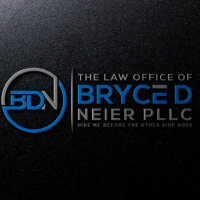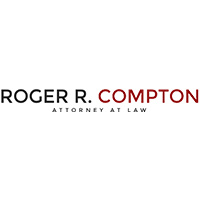Harrells Divorce & Family Law Lawyer, North Carolina
Bryce D. Neier
✓ VERIFIEDDivorce & Family Law, Criminal, Lawsuit & Dispute, Entertainment, Ethics
Confident and Competent Representation.
The Law Office of Bryce D. Neier is based in Fayetteville, North Carolina and I handle a wide range of civil matters. However, the focus of my practic... (more)
Roger R. Compton
✓ VERIFIEDBankruptcy & Debt, Family Law, Divorce, Traffic
At the North Carolina law firm of Roger R. Compton, Attorney At Law, our attorneys provide experienced and dedicated representation. From initial cons... (more)
Algernon L. Butler
Power of Attorney, Employment, Child Custody, Credit & Debt, Bankruptcy
Status: In Good Standing
Felix Thomas Holt
Dispute Resolution, Arbitration, Alimony & Spousal Support, Administrative Law
Status: In Good Standing
FREE CONSULTATION
CONTACTHenry L. Anderson
Estate Planning, Family Law, Litigation, Medical Malpractice
Status: In Good Standing
FREE CONSULTATION
CONTACTPatricia A. Wilson Ferguson
Divorce & Family Law, Divorce, Child Custody, Adoption
Status: In Good Standing



